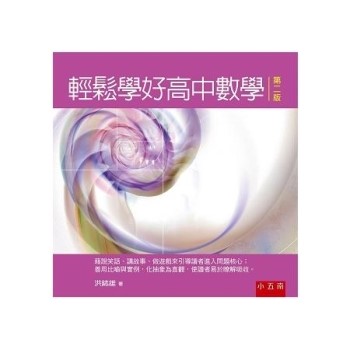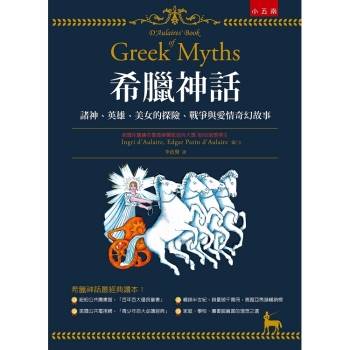This book deals with the complicated realm of metaphor, an enigma deeply embedded in language and cognition. There has been much discussion of metaphor in the past, but it was characterized by a certain fragmentation and lacked interdisciplinarity. In this field of study, the dominance of Cognitive Linguistics, epitomized by the Conceptual Metaphor Theory of George Lakoff and Mark Johnson, has caused the marginalization of alternative perspectives. To fill this gap, this book embarks on an interdisciplinary journey, inviting different theoretical frameworks to engage in a fruitful dialog. It navigates the labyrinth of theories and illuminates the nuanced facets of metaphor.
At the center of this exploration are three central questions: whether metaphor belongs to the realm of style or thought, the intricate interplays between literal and metaphorical meanings and the integration of propositional and non-propositional elements in the construction of metaphorical meaning.
Through a careful blend of historical analysis and contemporary hypotheses, the book unravels the complexities of metaphor, considering its evolution across the centuries and the myriad interpretations it evokes. By bringing together work from different fields, it ultimately shows that a definition of metaphor is theory-dependent and that metaphor is not a natural kind, but a complex and multifaceted philosophical concept whose study requires a multi-dimensional approach that transcends narrow theoretical boundaries. In this way, the book explores these considerations’ most important philosophical consequences and offers new insights into this fundamental aspect of human language.












